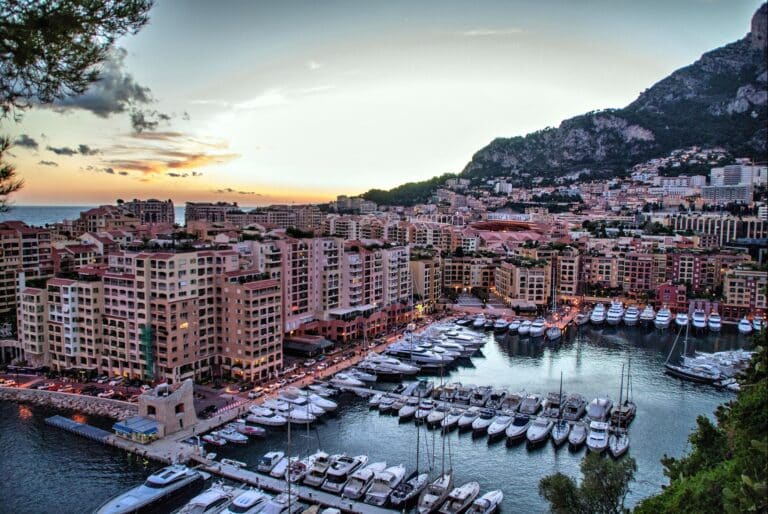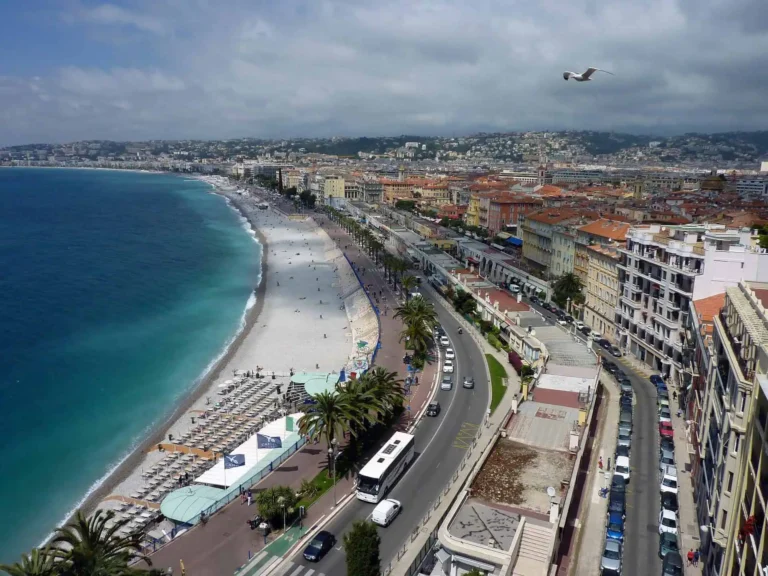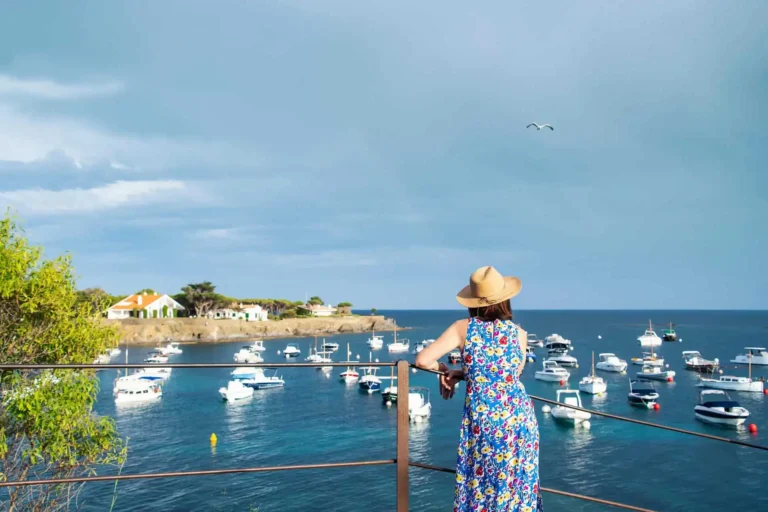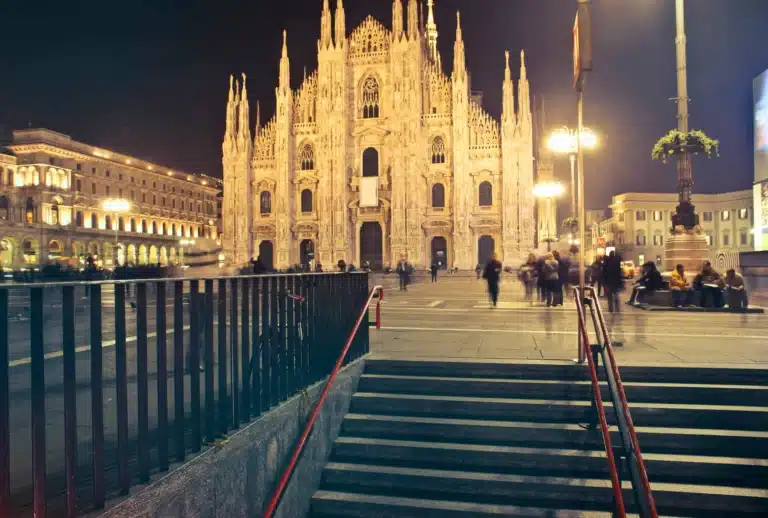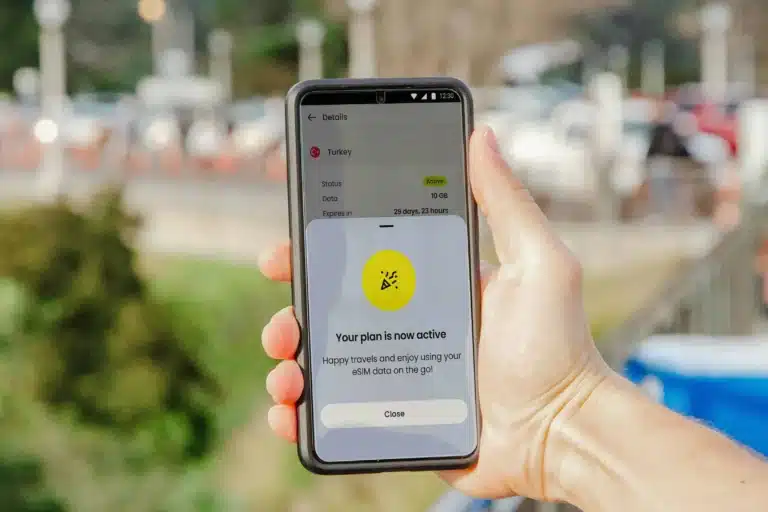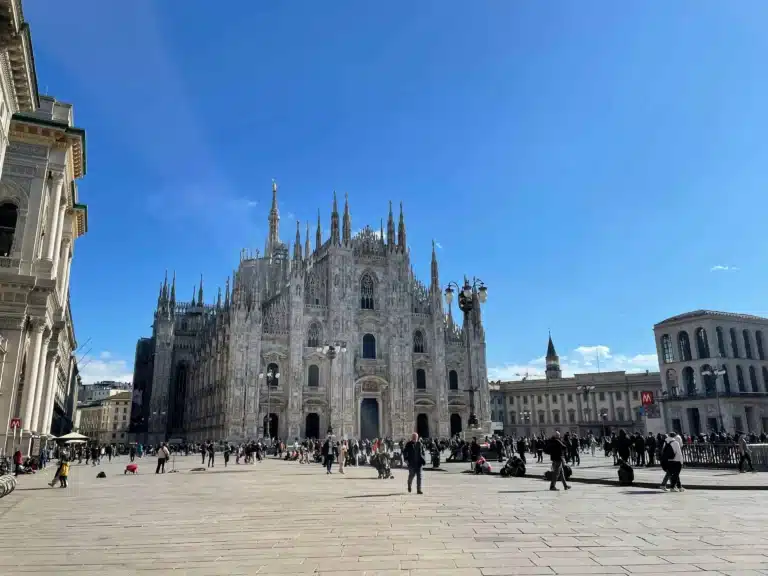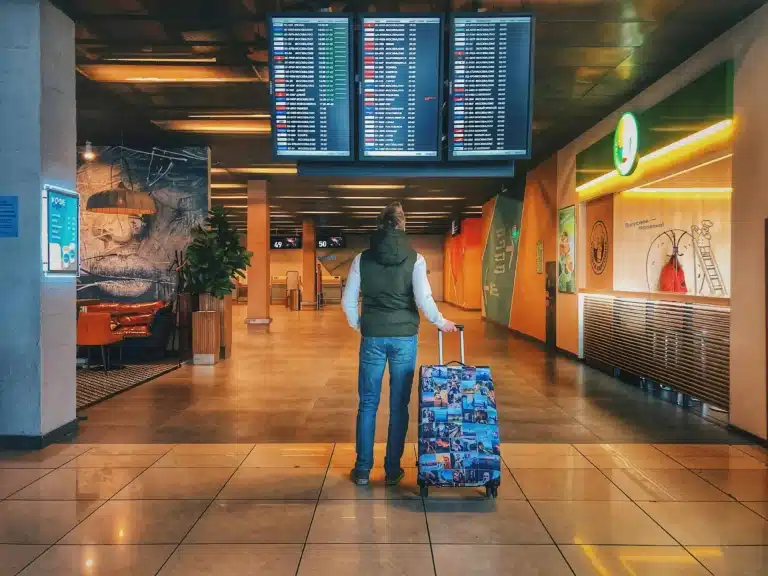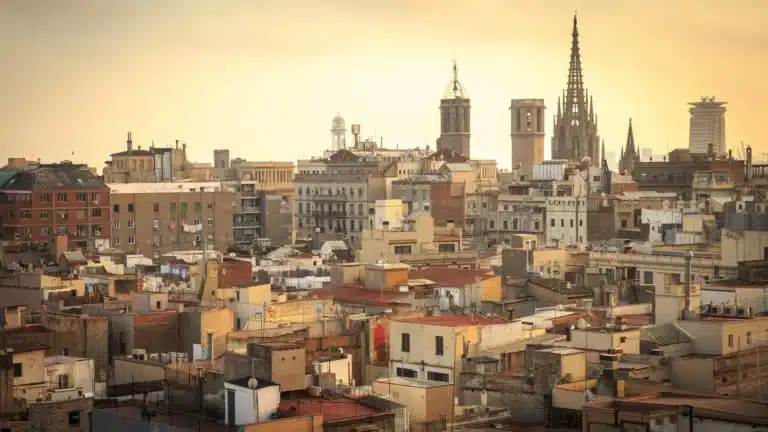Rome, the Eternal City, is a treasure trove of history, culture, and unforgettable cuisine. But, even in a city as magical as Rome, you could get sick (or injured).
To help you stay prepared, we’ve compiled the ultimate survival guide to managing your health during your Roman holiday. From navigating the Italian healthcare system to finding local pharmacies and multi-lingual doctors, this guide has all you need to turn a travel health hiccup into a manageable experience.
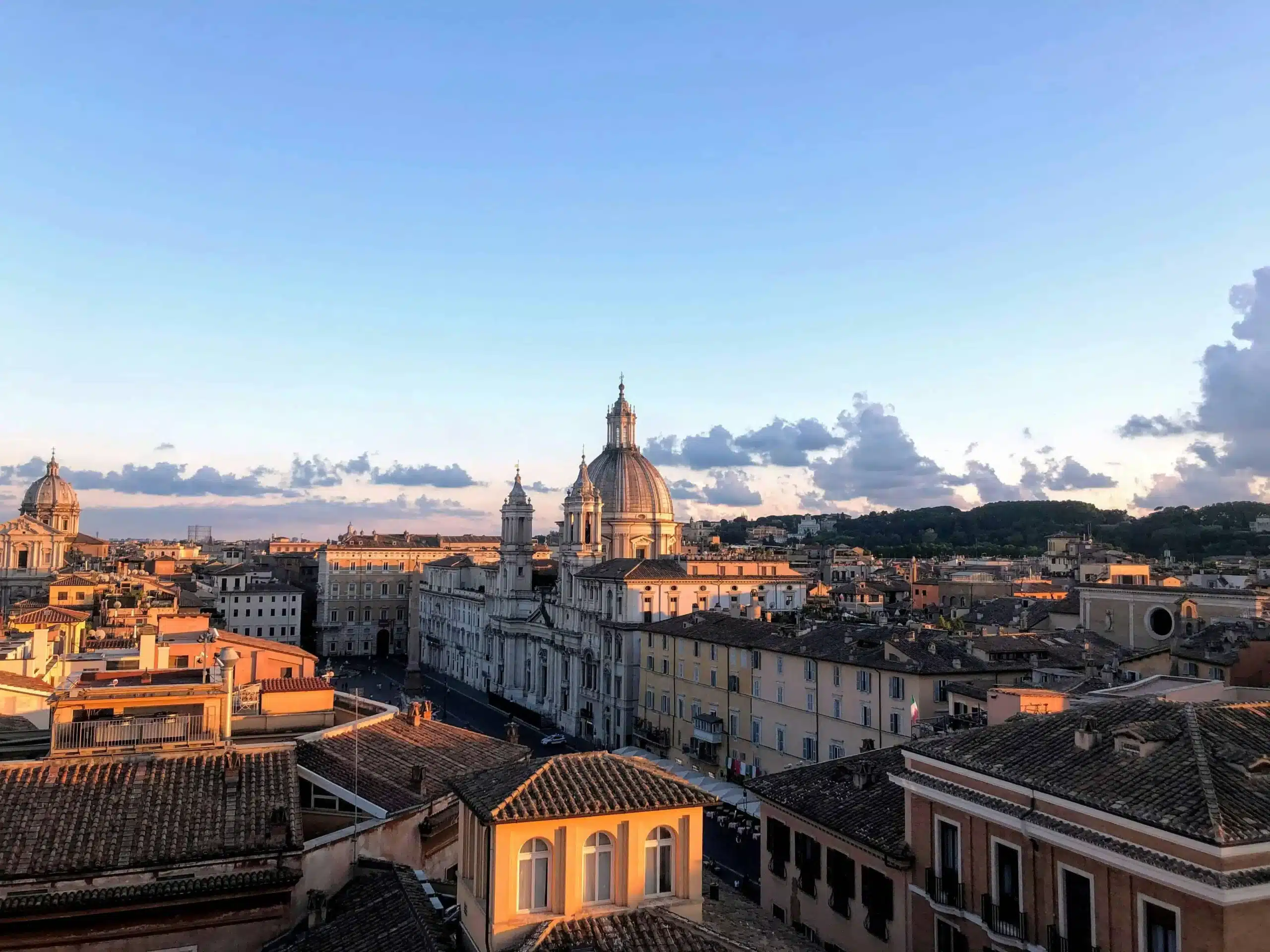
Understanding the Healthcare System in Rome
Italy’s healthcare system is divided into public and private services, and knowing which option to choose can save you time, stress, and money.
Private vs. Public Healthcare
Italy has both public and private healthcare options. The public system (Servizio Sanitario Nazionale – SSN) offers affordable healthcare to residents and EU travelers with an EHIC card. However, Italy’s Ministry of Health states that wait times can be as long as 4 hours for non-emergencies.
- Public healthcare is accessible and affordable but may involve long queues.
- Private healthcare provides faster service and English-speaking doctors, making it ideal for tourists.
Emergency Medical Care
If you’re experiencing a medical emergency in Rome, it’s crucial to know how to get help quickly. From emergency numbers to hospital visits, here’s what you need to do.
Essential Emergency Numbers
If you need urgent medical assistance, calling the right number can make all the difference.
- 112 – General emergency number (police, fire, ambulance)
- 118 – Direct emergency medical assistance
- 1500 – Italian Ministry of Health helpline
How to Call an Ambulance in Rome
If you need an ambulance, it’s important to act fast and call the right service.
- Dial 118 for a public ambulance (free for life-threatening emergencies).
- Private ambulance services are available for a fee and may have faster response times.
When to Go to a Hospital vs. an Urgent Care Clinic
Deciding where to go can depend on the severity of your condition.
- Go to a hospital (Ospedale) if: You have a serious condition (heart attack, severe injury, stroke, etc.).
- Visit an urgent care clinic (Guardia Medica) if: You need medical attention but it’s not an emergency (fever, mild infections, minor injuries).
Pharmacies & Medication: What You Need to Know
For minor illnesses, pharmacies (farmacie) in Rome are the easiest place to get over-the-counter medications and professional advice.
- Look for a green cross outside pharmacies.
- Many pharmacies are open Monday–Saturday, 8:30 AM–7:30 PM with a break in the afternoon.
- 24/7 pharmacies are available for emergencies—ask your hotel or search “farmacia notturna” online.
What to Do if You’ve Got Travel Insurance
Having travel insurance can save you from unexpected medical expenses, but knowing how to use it is key.
Documents You’ll Need to Submit a Claim
To get reimbursed for medical expenses, you’ll need to provide specific documents to your insurance company.
- A doctor’s diagnosis or hospital discharge papers
- Prescriptions or receipts for medications
- Invoices for medical services
- Your travel insurance policy number
Always check with your provider in advance to ensure smooth reimbursement.
Language Barriers
While many doctors in Rome speak English, it’s always helpful to know a few basic phrases in Italian to communicate your symptoms.
- “I need a doctor.” → Ho bisogno di un dottore.
- “Where is the nearest pharmacy?” → Dov’è la farmacia più vicina?
- “I have a fever.” → Ho la febbre.
- “I am allergic to…” → Sono allergico/a a…
How to Avoid Getting Sick in Rome
Preventing illness is always better than seeking treatment. Here’s how to stay healthy while exploring Rome.
Common Illnesses Travelers Face in Rome
Certain health issues are more common for tourists visiting Rome, so it’s best to be prepared.
- Traveler’s diarrhea from unfamiliar food and water
- Heat exhaustion in summer months
- Cold & flu from crowded public transport
Is the Tap Water Safe to Drink?
Staying hydrated is important, and Rome’s water is safe to drink.
- Tap water in Rome comes from natural springs and is perfectly safe.
- You can refill your bottle at public fountains (nasoni) around the city.
Food Safety & Hygiene Tips
Rome’s food is world-famous, but following food safety tips can help you avoid stomach troubles.
- Choose busy, well-reviewed restaurants.
- Avoid street food that has been sitting out too long.
- Wash your hands frequently and carry hand sanitizer.
Healthcare Tips for Pregnant Travelers & Those with Pre-existing Medical Conditions
If you have a medical condition or are expecting, it’s important to take extra precautions while traveling.
- Bring a translated copy of your medical history in case of emergencies.
- Find an English-speaking specialist in advance if you require regular checkups.
- Locate the nearest hospital with maternity or specialist care before your trip.
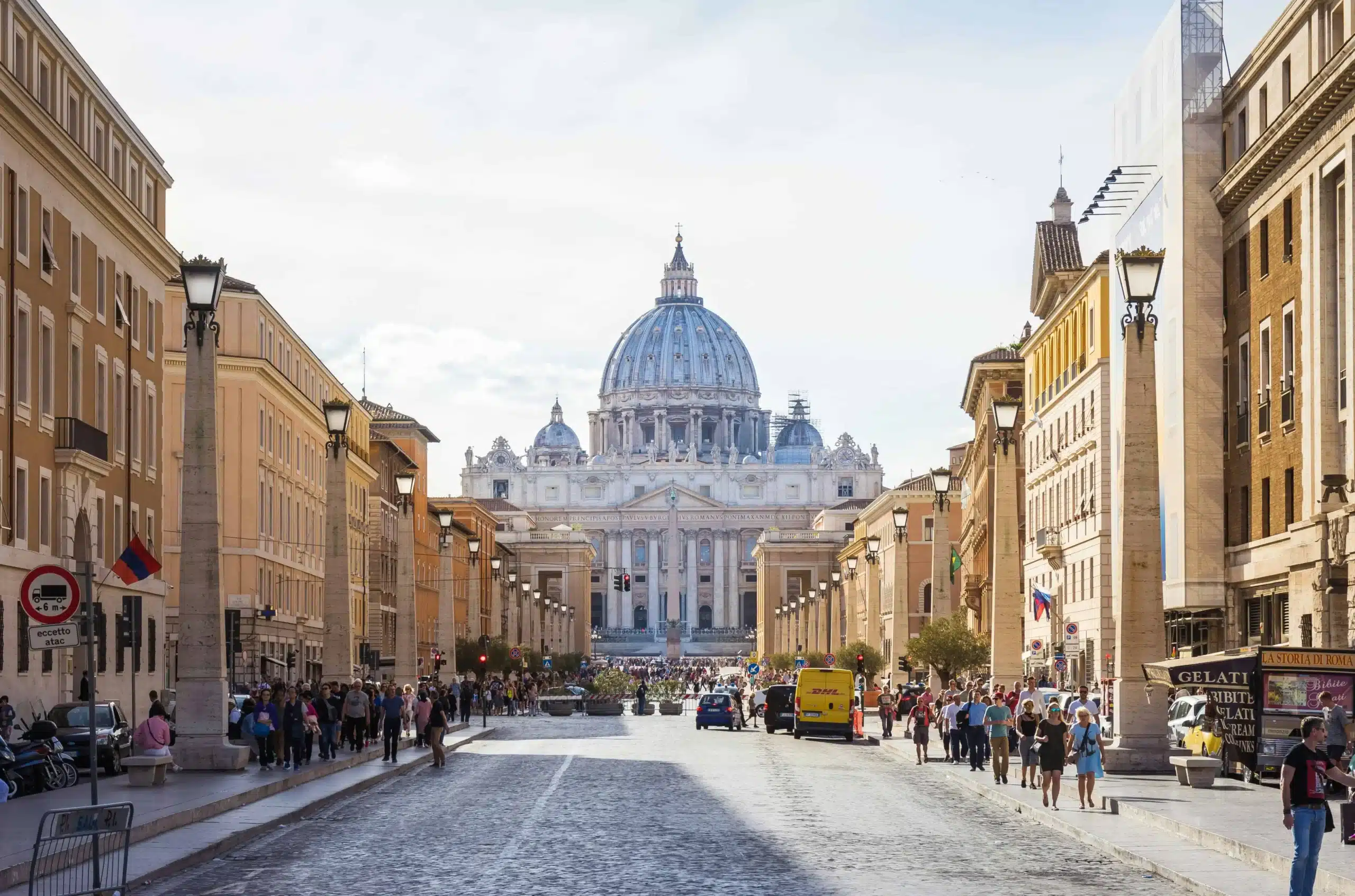
Finding an English-Speaking Doctor in Rome
Finding a doctor who speaks English can be challenging, but there are options available to make the process easier.
Challenges Travelers Face
Many tourists struggle to find English-speaking doctors, especially in public hospitals. Even private clinics may have limited English-speaking staff.
- Public hospitals may have limited English-speaking staff.
- Private clinics often cater to international travelers but may have high costs.
How Air Doctor Can Help
The Air Doctor app connects travelers with trusted, English-speaking doctors in Rome for in-person or telemedicine appointments. Here’s how Air Doctor helps.
- Find English-speaking doctors without the hassle.
- Book urgent care appointments with just a few taps.
- Access private healthcare at a reasonable cost.
Getting Help Beyond Healthcare
Sometimes, you may need assistance beyond just medical care, and your country’s embassy can be a great resource.
- Embassies can assist in finding local doctors and hospitals.
- They can provide emergency contacts for medical situations.
- They may help with lost prescriptions or legal medical issues.
Recap
To sum things up: if you get sick in Rome, don’t worry — there are plenty of ways to get medical help.
- For English-speaking doctors: Use Air Doctor for fast, reliable care.
- For minor illnesses: Visit a pharmacy.
- For urgent care: Go to a private clinic or call 118 for emergency medical help.
- If you have travel insurance: Keep all documents for claims.
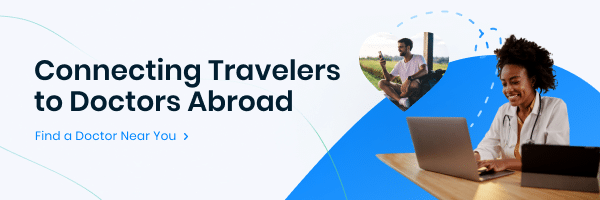
About the Air Doctor App
With the Air Doctor app in your pocket, you can access medical advice, get prescriptions, and receive expert medical guidance while you’re in Rome (and anywhere else you travel).
Air Doctor offers a wide range of benefits, including:
- A global network of over 20,000 multi-lingual doctors and specialists
- Choice of clinic, at-home (hotel), and video consultations
- Active in 78 countries
- 24/7 multi-lingual support
- Transparent pricing and reviews
- Most common medical specialties, including pediatricians
If you’re looking for reliable, accessible, and global medical assistance, Air Doctor is the perfect choice for you. Download the app before your next trip to ensure peace of mind and access to quality healthcare, wherever your travels take you.
FAQs
Can a tourist see a doctor in Rome?
Yes! Private clinics welcome tourists, and you can also use Air Doctor to book an English-speaking doctor.
Is healthcare free for tourists in Rome?
Public healthcare is not free for non-EU tourists. You’ll need to pay for treatment unless covered by travel insurance.
Do you have to pay for an ambulance in Rome?
Public ambulances are free for life-threatening emergencies, but non-urgent cases may come with a fee.

